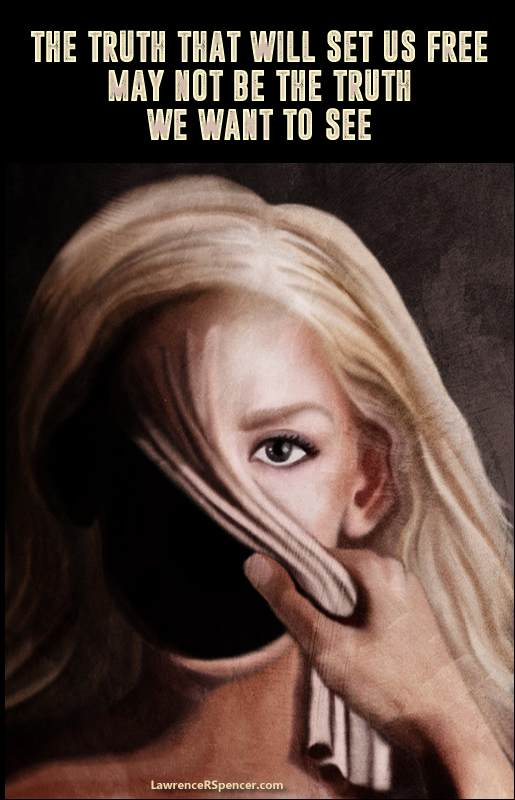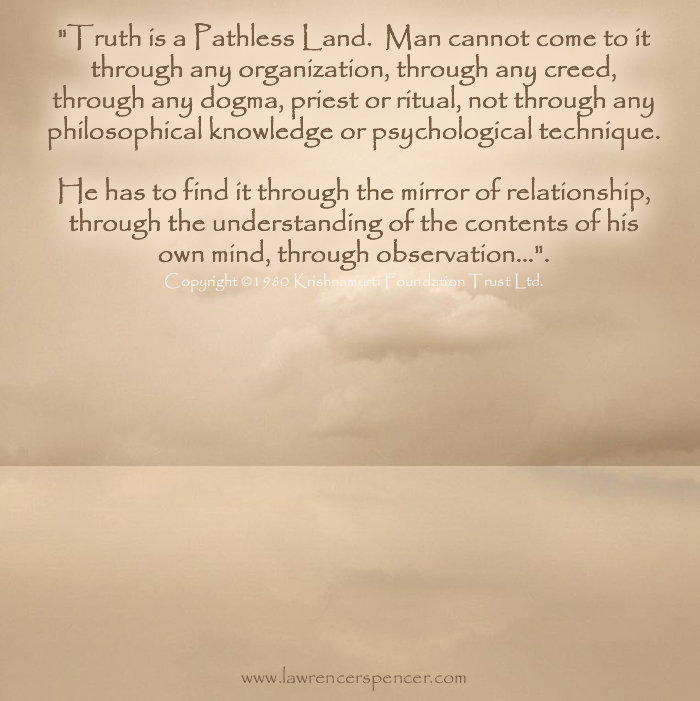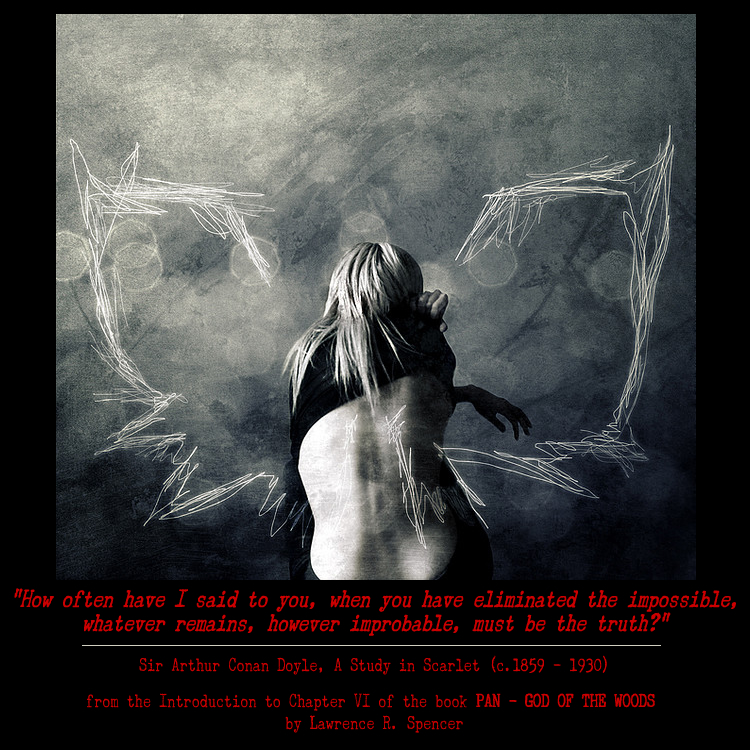Republished by Blog Post Promoter
Tag Archives: truth
SET FREE
Republished by Blog Post Promoter
 THE TRUTH THAT WILL SET US FREE
THE TRUTH THAT WILL SET US FREE
MAY NOT BE THE TRUTH WE WANT TO SEE
~ LRS 2015 ~
FAREWELL ADDRESSES
Republished by Blog Post Promoter
Many people in the world like to believe that our government representatives have the ability and intention to defend and protect the best interests of our survival. Unfortunately, this is not true. Our “representatives” no longer have any power whatsoever. They are talking heads for a Military-Corporate-Congressional-Banking Complex that has risen and seized control of our planet since 1947. The last two American presidents who wrote their own speeches were Dwight Eisenhower and John F. Kennedy. The evidence of their warnings have been ignored and suppressed.
The danger they attempted to warn us about has now been manifested in the New World Order of Socialist / Fascist / Military / Corporate / Banking International Police State, whose ONLY interests are to accumulate as much PRIVATE Power, Control and Possessions as possible for themselves. Eisenhower told the truth before he died. Kennedy was shot because he was about to reveal the truth. May they rest in Peace. It may be too late for the rest of us…. Bankers, Politicians and Corporations are Parasites who feed on the economic slavery of the “human body” of mindlessly willing workers. However, they too will reap their “rewards” when the collective Body of Humanity dies, and they die with it. So Be It….
Transparency “The Government Insiders” from Ron Garner on Vimeo.
PATHLESS LAND
Republished by Blog Post Promoter
“Truth is a Pathless Land. Man cannot come to it through any organization, through any creed, through any dogma, priest or ritual, not through any philosophical knowledge or psychological technique. He has to find it through the mirror of relationship, through the understanding of the contents of his own mind, through observation…”.
— Jiddu Krishnamurti —
IMPROBABLE TRUTH
Republished by Blog Post Promoter
“How often have I said to you, when you have eliminated the impossible, whatever remains, however improbable, must be the truth?”
— Sir Arthur Conan Doyle, A Study in Scarlet (c.1859 – 1930)
____________________________________________
from the Introduction to Chapter VI of the book PAN-GOD OF THE WOODS, by Lawrence R. Spencer



